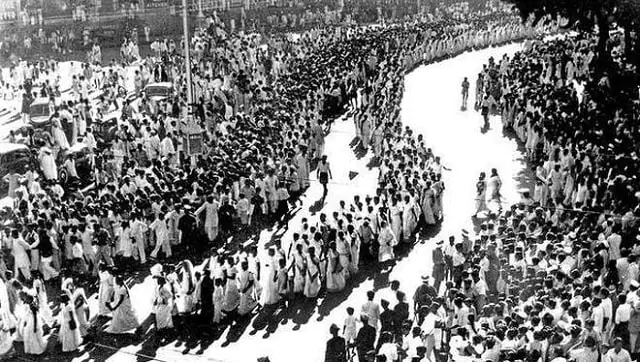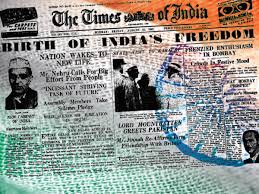About Independence Day
Independence Day is celebrated to commemorate India's freedom from British rule...
Our Strength in Diversity
As we celebrate the spirit of independence, we also embrace the beauty of our nation's diversity. India is a land of vibrant cultures, languages, traditions, and religions. Our unity lies in our diversity, and this unity is what makes us strong and resilient as a nation.
Celebrating Together
Independence Day is a time when people from all walks of life come together to commemorate the sacrifices of our freedom fighters. Regardless of our backgrounds, we stand united to honor our shared history and the vision of a free and prosperous India.
Colors of Harmony
The tricolor flag – saffron, white, and green – symbolizes our unity in diversity. Just as these colors come together to form our national flag, we come together as a nation, respecting and celebrating each other's differences.
Strength in Togetherness
Our diversity is our strength. It's a reminder that despite our differences, we are bound by a common thread of humanity. By working together, respecting one another, and fostering a sense of belonging, we continue to build a better future for ourselves and the generations to come.
Let's Celebrate!
On this Independence Day, let's celebrate our unity in diversity. Let's remember that we are one nation, one people, and our diversity is what makes us truly unique. As we hoist the flag and sing the national anthem, let's do so with pride and a renewed commitment to the ideals of freedom, equality, and unity.




